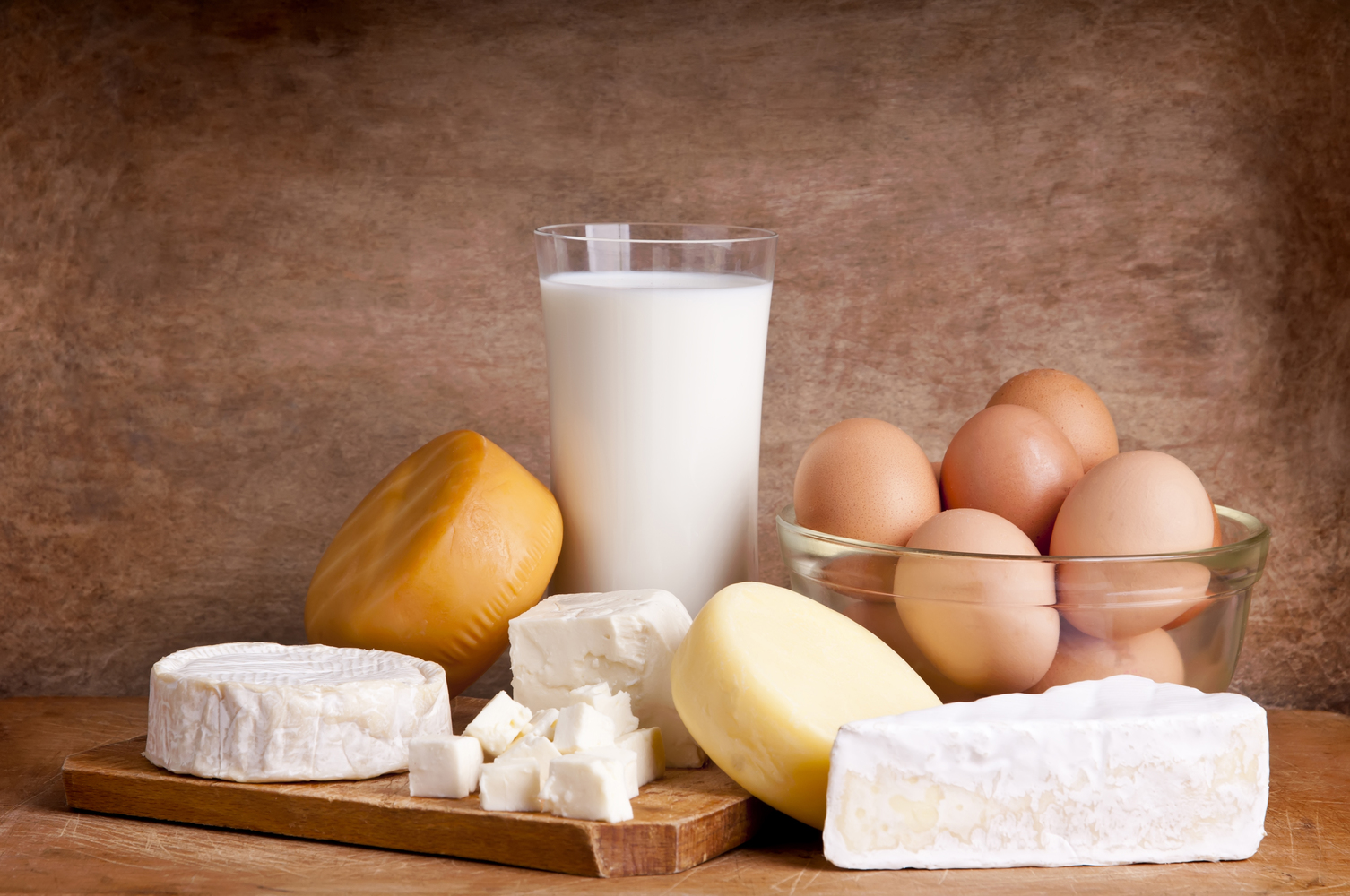Common Dietary Triggers for Migraines to Watch Out For
Discover common foods that may trigger migraines, including caffeine, cheese, red wine, processed meats, and baked goods. Learn how these items can impact headache frequency and find tips to manage your diet effectively. Consulting a healthcare provider can help identify personal triggers and develop a tailored strategy for migraine prevention. Staying hydrated and monitoring food intake are key steps toward reducing migraine episodes.
Sponsored

Foods are often overlooked as potential migraine triggers, unlike medication side-effects. While allergy labels are common, warnings about foods that may induce migraines are rare. Scientific research has yet to identify definitive culprits, but it’s clear that certain foods combined with other factors can provoke headaches. Here, we explore five common foods linked to migraine episodes.
Caffeinated Beverages
Drinking coffee provides alertness and energy, but caffeine constricts blood vessels in the brain. Sudden cessation causes dilation, which can trigger migraine pain. Limiting daily coffee intake may help prevent attacks.
Cheese
Aged and fermented cheese varieties contain tyramine, which can initiate migraines. Tyramine stimulates nerve cells to release norepinephrine, leading to headache episodes. Reducing intake may lessen the likelihood of migraines.
Red Wine
Red wine, made from grapes with skins, is rich in histamine. Excess histamine can overwhelm the immune system, increasing migraine susceptibility, even after moderate consumption.
Sweet & Baked Goods
Desserts, bread, and similar treats often contain tyramine from yeast and fermentation processes. These foods, especially when combined with dairy or wheat, may contribute to migraine onset.
Processed Meats
Items like hot dogs, ham, and bacon contain nitrates and nitrites, chemicals that dilate blood vessels and can cause headaches. Their consumption should be moderated for migraine sufferers.
Many other foods and triggers exist, so consulting a healthcare professional is advised. Staying well-hydrated is also essential in managing migraines.






